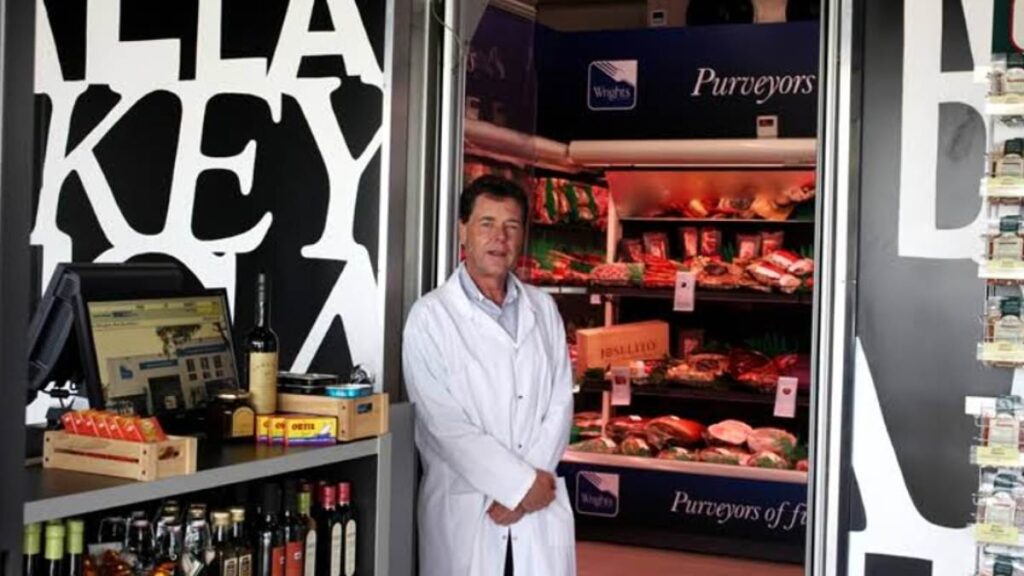
A Sydney butcher, Clayton Wright, has been unable to fill a lucrative $130,000 position at his shop despite receiving over 140 applications. The issue, he claims, is that most candidates are unqualified and struggle with English proficiency. Wright, who owns Wrights The Butchers in Alexandria, warns that Australia is facing a critical shortage of young tradespeople.
Wright, 66, highlights the broader challenges businesses face, including rising wages, superannuation costs, and the overall cost-of-living pressures. “We have had a decades-long drain on people that have not picked up the trade. This is what we’re suffering now,” he explained to news.com.au.
Despite investing $1,100 monthly in online job advertisements, Wright has yet to attract a qualified butcher. The majority of the 140 applicants were from overseas, primarily from countries such as Bangladesh, India, Pakistan, Nigeria, and South America. Wright suspects that these candidates are seeking sponsorships to work in Australia, but he lacks the resources to train them.
Australia’s Trade Skills Crisis
This situation is not unique to Wright’s business. According to Daniel Hunter, Business NSW’s chief executive, many business owners are facing similar recruitment challenges. Hunter suggests three strategies to address the issue: enhancing vocational training, better utilizing the existing workforce, and increasing skilled migration.
“There are three things you can do: you grow your own talent through better vocational training and skills, you can utilise the people that are already here better, or you can increase skilled migration,” Hunter stated.
The 2024 State of Skills report by Business NSW reveals that 28 percent of employers had to make five or more attempts to fill a single role in the past year. Furthermore, 77 percent struggled to recruit suitable staff, and 80 percent had to increase wages or improve conditions to attract workers. The report also notes that 36 percent of businesses delayed expansion plans, while 27 percent lost business to competitors due to staffing shortages.
Vocational Training vs. Tertiary Education
Wright believes that the skills shortage is exacerbated by young Australians being steered towards tertiary education instead of vocational training. He argues that this trend is not confined to the meat industry, as many young people are dissuaded by the low base award wages in trades, despite the potential for higher earnings.
Hunter echoes Wright’s concerns, emphasizing the need for more initiatives to encourage young people to pursue trade careers. “The skills shortage is particularly hard-hitting in the regions and trade industries,” he noted.
Looking Forward: Potential Solutions
The ongoing skills shortage in Australia highlights a critical need for policy changes and educational reforms. Encouraging young Australians to consider vocational training could help bridge the gap in skilled trades. Additionally, businesses may need to explore innovative recruitment strategies and training programs to develop the necessary skills within their workforce.
As the Australian economy continues to evolve, the demand for skilled tradespeople will likely increase, making it imperative for both government and industry leaders to address these challenges collaboratively. The future of Australia’s trade industries may depend on the ability to adapt and invest in the next generation of skilled workers.







